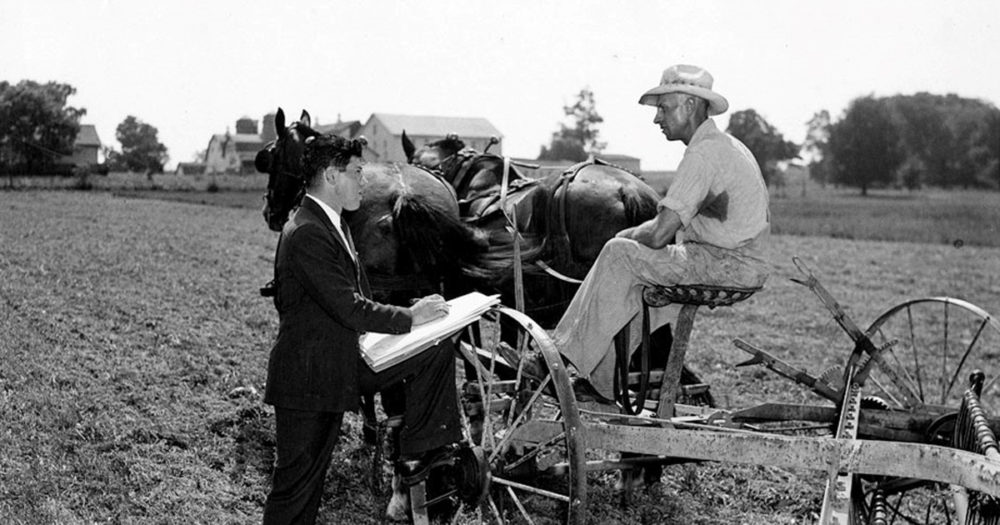Last night, US Commerce Secretary Wilbur Ross released a notification that the 2020 Census would include a citizenship question on the regular form, which goes to every household in the United States. This was prompted by a December request from the Attorney General Jeff Sessions and the Department of Justice, which they claimed was necessary for enforcing the Voting Rights Act.
Conducting the Decennial Census is literally one of the first responsibilities of our government. Article I, Section 2 of the U.S. Constitution requires that, for the purposes of apportioning electoral districts to the U.S. House of Representatives, “the whole number of persons for each state” be counted, including children, all foreign-born residents, and for much of the country’s history, slaves.
As soon as the request was made, several former Census Directors voiced their concern. Steve Murdock, who directed the Census under George W. Bush, stated that he was “fearful that it would reduce participation of Hispanics, particularly those who are undocumented,” and the most recent Director, Kenneth Prewitt, similarly warned that the addition of the question could have “huge, unpredictable consequences,” given “an atmosphere of mistrust of government and the media, deep anxieties among immigrant groups and inadequate testing of Census Bureau procedures.”
The question has not been asked on the full Census since 1950. However, it is regularly asked on the American Community Survey, which samples the U.S. population and provides accurate aggregate data on citizenship. Concerns about non-response bias emerged early on when preliminary field tests from Census interviewers came back with reports that immigrant populations were exceedingly concerned about their safety and the confidentiality of the data. A significant undercount would have massive repercussions on the quality of data that commerce, policy advocates and the government relies on.
Just this week, a large number of the nation’s leading social scientists and users of Census data, joined by the Union of Concerned Scientists, sent a letter to Secretary Ross, explaining the importance of maintaining the scientific integrity of the nation’s most valuable data resource.
The response to last night’s announcement was swift and negative. Political science professor and director of the US Elections Project Michael McDonald put it bluntly: “The decision to add a citizenship question is obviously about political power. Trump is counting on noncitizens to refuse to answer the census, thus affecting apportionment of congressional seats to states and block grant formulas of federal money to states and localities.”
Vanita Gupta, President of The Leadership Conference on Civil and Human Rights, and former head of the Civil Rights division of the Department of Justice, responded that the Department of Justice has effectively enforced the Voting Rights Act using citizenship estimates from the American Community Survey. Former Attorney General Eric Holder, now head of the National Democratic Redistricting Committee, responded that “The attacks on the census process go beyond politics—they represent a major assault on representative American democracy” and that “Donald Trump and his Attorney General are rooting decisions in ideology, instead of expertise.”
As of this morning, Holder’s group and California Secretary of State Xavier Becerra have filed lawsuits against the Department of Commerce to stop the addition of the question. New York will also lead a multi-state lawsuit against the federal government. “Including a citizenship question on the 2020 census is not just a bad idea,” stated Becerra, “it is illegal.”

